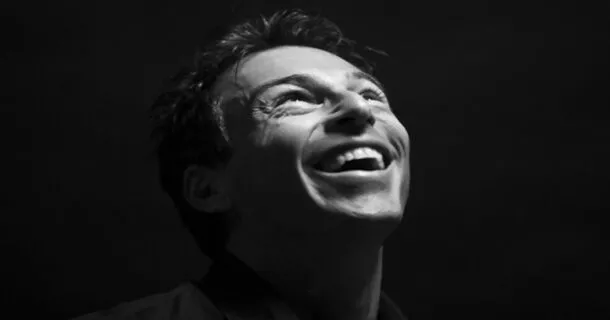Published on: January 3, 2022

When somebody laughs behind you, you likely picture them on call or with a friend- smiling and encountering a warm, fluffy inclination inside. Probabilities are just the sound of laughter that could make you smile or even chuckle along. In any case, imagine that the individual laughing loudly is simply strolling around alone in the road or sitting behind you in any event or function. Unexpectedly, it doesn’t appear to be so welcoming.
Everybody loves a rowdy laugh eventually, and science upholds that inclination.
Studies have shown that laughing is connected to our physical, emotional, and mental health – even closed relationships.
Laughing is the physical manifestation of tracking down something amusing, and it can assist with decreasing inflammation and stress hormones, enhancing circulation and upgrading immunity. Laughing affects the activity of the brain. Research that checked out the brain activity of individuals who laugh demonstrated that giggling can invigorate healing gamma waves, like those seen in long-haul meditators.
While the researchers have gathered explicit information on brain features significance for facial expressions, tongue, swallowing, and throat developments, undeniably less is having some significant awareness on how certain feelings get changed into laughing. Fortunately, various diseases and conditions have assisted shed with some light on its hidden neural capacities.
PBA is a condition that causes wild crying or potentially laughing that happens suddenly and frequently without any particular reason. It just occurs in individuals with a brain injury or certain neurologic conditions.
An individual having a PBA crying spell might cry when they don’t feel dismal or when they just feel somewhat pitiful. Somebody having a PBA laughing spell might chuckle when they don’t feel entertained or when they feel somewhat entertained.
Researches have demonstrated that there are possibilities that a person can have PBA and depression at the same time. However, these two conditions should be diagnosed and treated separately.
It is too common to even you can think. While there are around 2 million individuals in the US with neurologic conditions or horrible brain injury who have been determined to have PBA, more than 7 million individuals in the US with these hidden conditions have symptoms that might recommend PBA.
As we all know, laughter is good for our heart health and overall psychological well-being. But some of the researchers reported (don’t laugh) that it could kill you! For most people, chuckling is safe as well.
The authors of the papers, two pharmacologists with a common interest in humor, evaluated around 5,000 studies. They observed that serious laughter trigger asthma assaults, fainting, the bulge of stomach hernias, migraines, incontinence, jaw separation, and arrhythmia.
It’s likewise an uncommon reason for Boerhaave’s disorder, an unconstrained opening in the esophagus that is all the more ordinarily the aftereffect of vomiting.
“We don’t have the foggiest idea how much chuckling is safe,” concentrate on author Robin E. Ferner of The University of Birmingham told The New York Times. “There’s presumably a U-molded bend: laughter is great for you, however, enormous amounts are awful, maybe.”
The Bottom Line
People believe laughing has positive effects on human well-being however; too much laughing can surprisingly contrarily affect a person. You cannot imagine how excessive chuckling could affect brain function and what signals the drawbacks. Some people laugh to cover their sadness, some do stress laughing, or some take it as joy in all the scenarios excessiveness has a negative impact.
For more information about Mental Health Conditions, Visit our Mental Health Library Page. If you would like help from our mental health for your psychological symptoms. Please submit an appointment request or call us at (800) 457-4573.
Discover the essence of Harmony United Psychiatric Care through our impactful numbers. Our experienced team is dedicated to fostering mental well-being.
10
+
Years of Experience
With 10 years of unwavering commitment to mental health, we bring a wealth of experience to support our patients on their journey.
About Us58
+
Providers
Our dedicated team comprises 58 skilled therapists', psychiatrists', psychologists', ensuring personalized and expert care for each individual.
Providers13
+
Locations
Across multiple locations, we extend our reach to provide accessible mental health care tailored to diverse communities.
Locations70000
+
Patients Served
Over 70000 patients have entrusted us with their mental well-being, experiencing compassionate care and positive outcomes.
Book AppointmentWelcome to the latest edition of “Discover Harmony,” the newsletter from Harmony United Psychiatric Care! In this edition, we bring you insights, updates, and valuable information to support your mental well-being journey.
Subscribe to newsletter